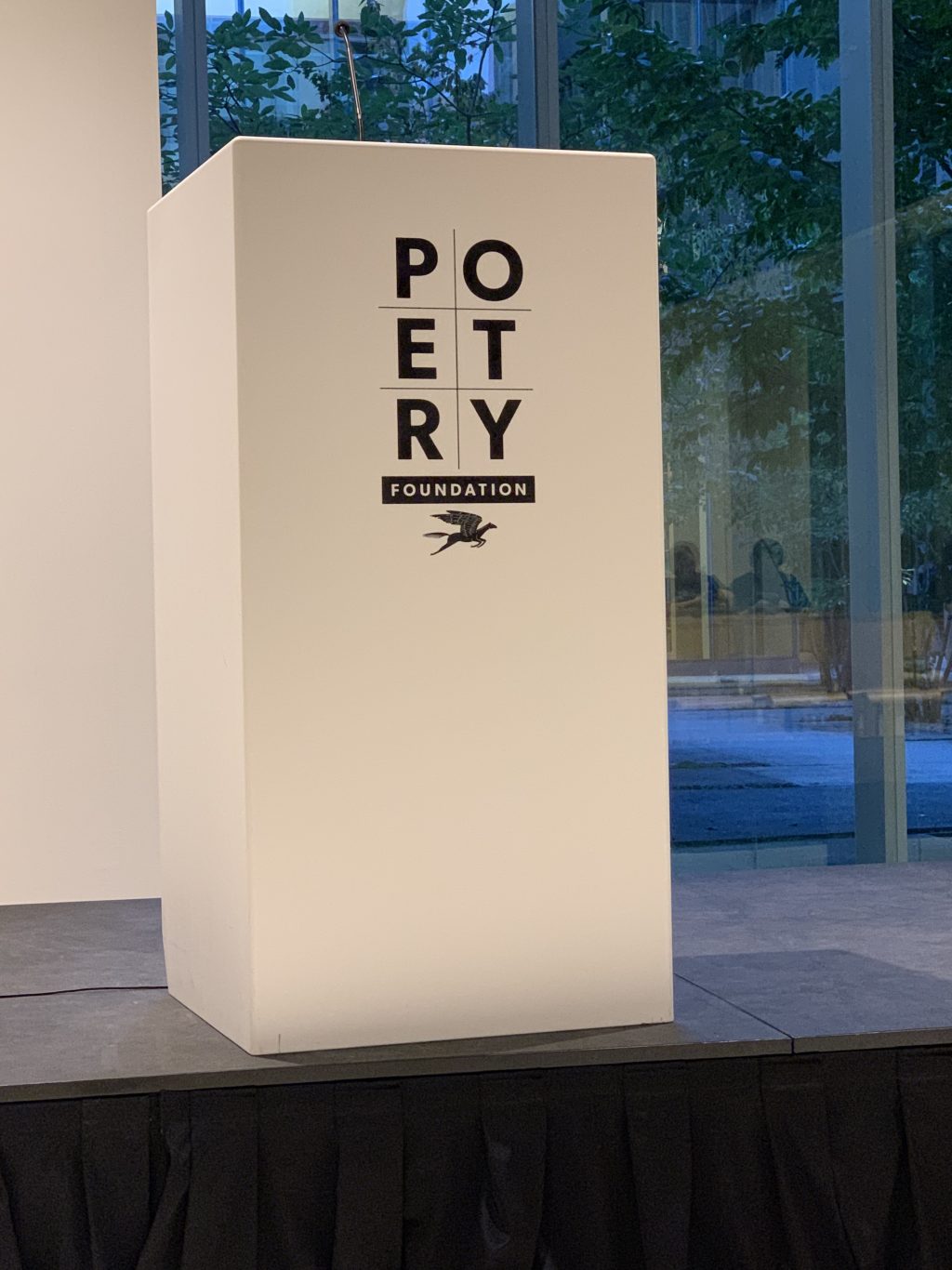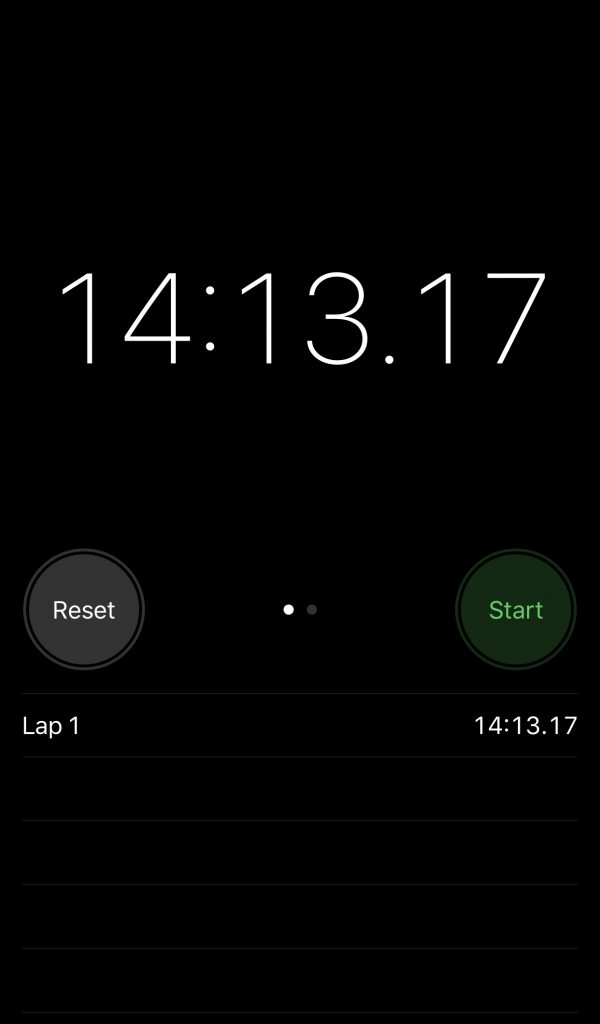
Tips on How to Prepare for a Reading
How to Prepare for a Reading
Roughly a week ago, I did a reading at the Poetry Foundation as part of their Open-Door Series alongside poets Lani T. Montreal, Shina Davis, and Columbia College Chicago’s very own Tony Trigilio. While the experience was incredible—and a bit surreal as I look back on it—there was plenty of preparation I needed to do beforehand.
One of the most important things to keep in mind for a reading is time. You want to make sure you do not go over your allotted time, whatever that might be. (If you are not sure how much time you’ll have, it’s never a bad idea to ask the host.) Trust me, you do not want to be the person who goes way over or under the given reading time. It creates an awkward situation in which the host considers whether to cut you off. More importantly, the crowd will notice. Speaking as a spectator of many reading events myself, observers tend to notice when a reader goes severely over or under time. This usually comes out during post-reading discussions among the crowd.
You might be thinking, how do I make sure I don’t go over my allotted time? Well my friend, the answer is actually pretty simple: practice! One important thought to keep in the back of your head is that readings are a performance—just like plays, dances, etc. Most performances require practice, as you cannot wing them easily. The audience’s eyes are set on you no matter where you are when you’re reading: whether in the center of the room, front of the room, or behind a podium.

For most readers, myself included, practice occurs at home. Once you have an idea of what pieces you want to read, you’ll want to read the work aloud, with a running alarm or stopwatch. This can help you gauge whether or not what you intend to read will fit your time requirement. This is also important, because sometimes we read the words on page aloud faster than we do in our head.
If you’re someone like me, reading in front of a crowd might give you a bit of nervousness or anxiety. The best thing you can do here is to read over your material, either to yourself in front of a mirror, or to a small group of people in a relaxed environment such as your own living room, outside in the yard, etc. Reading in front of yourself, or a few people, usually does wonders, as it makes you more comfortable with reading while being observed; it also adds another layer of familiarity with your own work.
The last thing I can recommend is to breathe. On the day of the reading, meditate for a short ten to fifteen minutes. This will help calm any pre-reading jitters you might experience from anticipation. Lastly, once you take the mic, podium, or stage, just remember to take a deep breath to gather your bearings.

